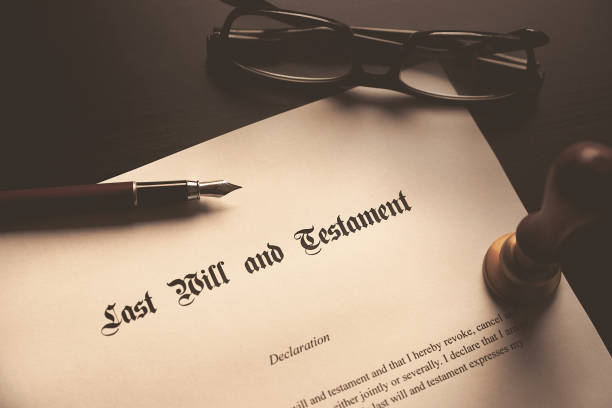It cannot be easy to lose a loved one. Things can get even more complicated if you are named executor or beneficiary of an estate. An estate is essentially the deceased’s net worth measured by the law. This could include their family home, business, properties and investments.
The administration of properties, especially the sale of a deceased estates, is one of the most challenging tasks due to the estate’s structure. Selling probate real property properties is a different process than traditional real estate sales. This is especially true if there are complications or stress for the rest of your family.
Here are some things you should know if you are given the task of selling a deceased estate:
Settlement of Debts
One of the most important things to think about when selling the estate of a deceased loved one is how to settle debts. Your loved one may not have known that they accumulated many debts throughout their life.
You will need to pay off the debts before selling the estate’s properties. If the estate has more liabilities than assets, you should review the state laws in your state to determine which should be considered first. After you have paid off all your debts, you can decide if you want to sell the estate.
Permission from the Executor to Sell The Home
You might need permission to sell an estate if another person was named executor or beneficiary. After being granted a Grant of Probate, executors are generally authorized to sell the deceased’s estate.
The Grant of Probate is only one step. There are many steps involved in selling a property. This may include getting multiple quotes from agents, valuing the property, and making necessary repairs. It is best to consult the executor if you are planning on selling an estate. They will be responsible for managing the property and assets left behind by the deceased.
Involvement of The Court
The role and responsibilities of the executor during the sale of the deceased estate should now be understood. Most cases require court proceedings to transfer property from a loved one who has died without leaving a will.
On the other hand, the executor will assume estate administration if the deceased leaves a will. The executor is responsible for executing the terms and conditions of the will to make sure they are following the wishes of the testator. If you are not the executor of an estate and want to sell it, you must first apply for probate so that they have the legal authority to administer the estate.
Estate Sale After Probate
You must ask the executor permission to sell a deceased estate. If you are appointed executor of the will, you can sell the property after you have received the Grant of Probate.
You should learn the process before putting the property on the market. This will allow you to streamline the sale. Because it is easier to dispose of a property belonging to an estate, auctions are a common method. To attract more buyers, auction sales require a lengthy marketing period. Executors may lower the price for older properties to make way for repairs.
Payment of State Taxes
It can be costly to deal with a deceased estate. The United States has a federal law that requires the payment of estate taxes to allow you to transfer ownership of the property to your loved one, if you are a beneficiary. After you have sold the property, you will also need to pay state taxes.

